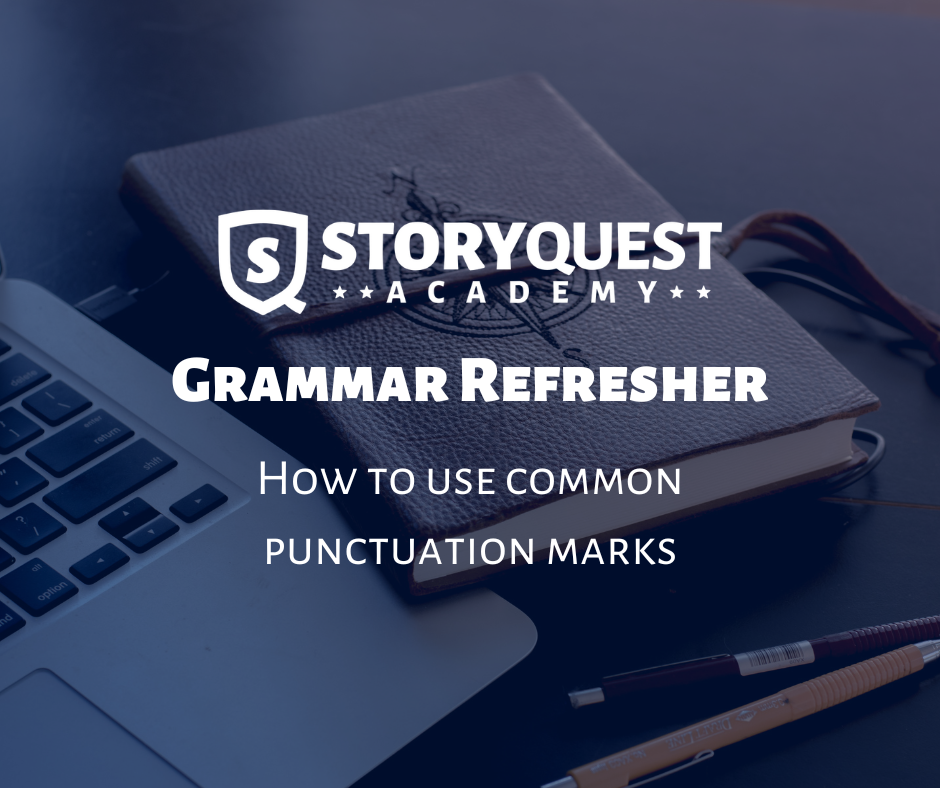Punctuation marks are symbols that we use in writing to make our sentences clear and easy to understand. Punctuation marks are like traffic signals for our words, and they can tell us when to stop, when to slow down, and when to speed up. In this article, we will take a look at some of the most common punctuation marks and how to use them.
The most common punctuation marks are:
- period .
- comma ,
- question mark ?
- exclamation mark !
Period
Use a period to end a complete sentence. A complete sentence includes a subject and a predicate. The predicate is everything else in the sentence after the subject.
Examples:
- No mystery is worth our taking this chance.
- Already a quarter mile of open water separated the boats.
Comma
There are several uses for commas in English. Commas are used to:
1. Separate a list of items.This is one of the most common uses of a comma.
Examples:
- The detective grabbed his forensic kit containing his fingerprint dust, evidence bags, and magnifying glass.
- The robberies took place at the Community Bank, Steven’s jewelry shop, and the Riverson City Hall.
Examples:
- Nancy leapt to her feet, hoping the call would be from Ned Nickerson.
- Daylight faded away, leaving in its place broadly sprinkled stars.
Examples:
- Of course, I’ve heard of you, but I don’t think we’ve ever met before.
- The apartment was ransacked, but there were no fingerprints.
Examples:
- The train station, which was the only building within a few miles of the mansion, had safety deposit boxes where the suspect could have left the loot.
- Even Sherlock Holmes, London’s most-famous private detective, couldn’t figure this one out on his own.
Question Mark
We used the question mark at the end of a question.
Examples:
- Ned, will you call the police to send an ambulance?
- What could have happened to Threepio?
Exclamation Point
We use the exclamation point at the end of a sentence to show surprise, shock or raised voices. A good rule of thumb is not to use an exclamation point over three times in a chapter or short story.
Examples:
- Mind your own business!
- He left her some money in his will!
In conclusion, punctuation marks are an important part of writing. They help to clarify the meaning of a sentence and can affect the tone of a piece. In order to create clear and cohesive writing, it is important to use punctuation correctly. For more lessons on writing, sign up for one of our 8-week courses for only $30!
-
About the author

Amelia Nichole is a writer of science fiction and fantasy, with a mad dash of mythology and history thrown in for good measure. She is the founder of Story Quest Academy and a professional copywriter. When she isn't working, writing, or reading, you can find her playing with her dog, Teddy Bear or tending to her flock of quail.
- Log in to post comments

